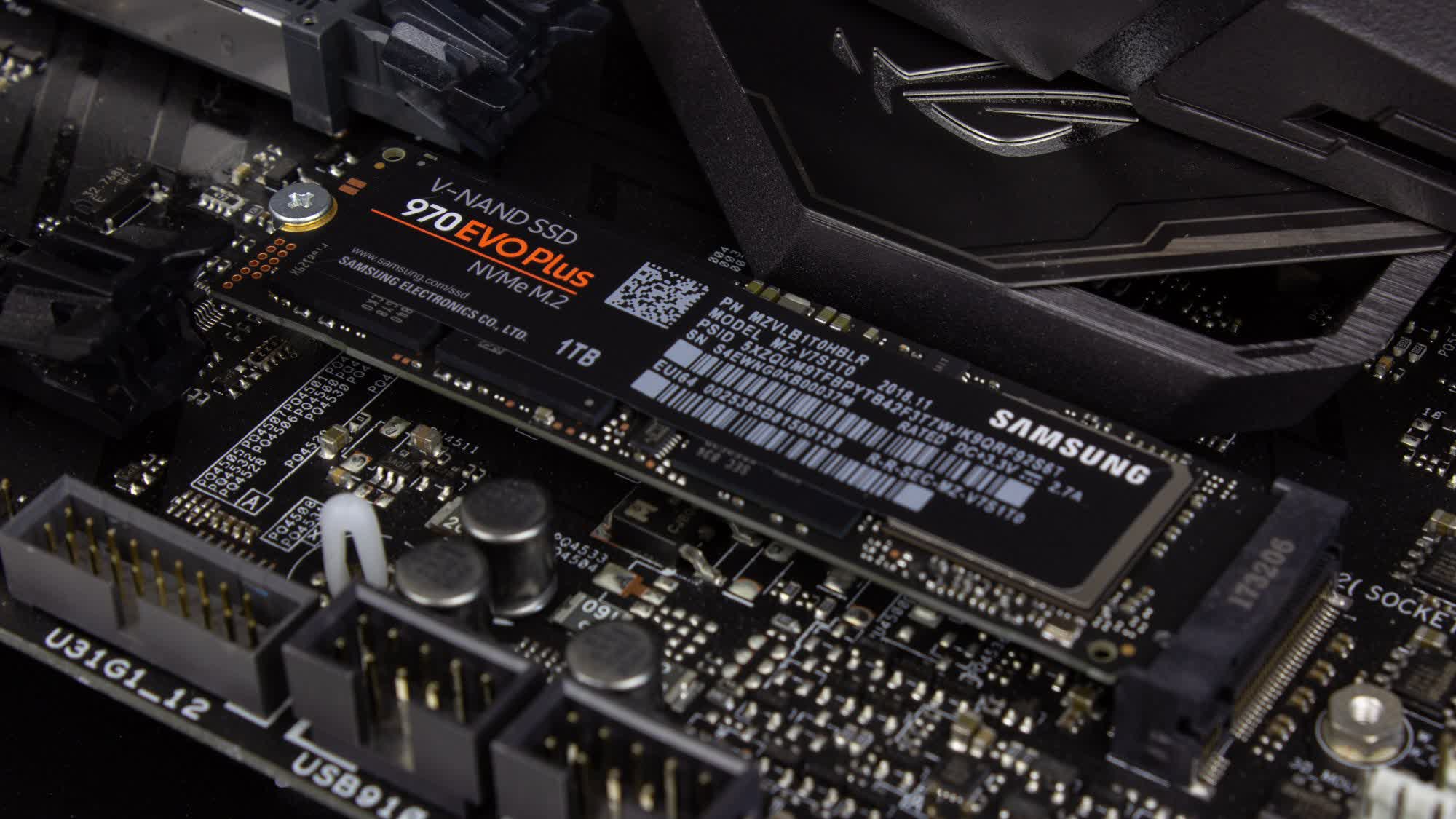In brief: A recent preview build of Windows 11 addresses a problem with storage speed some users have been reporting for months. Users experiencing suspiciously slow write speeds should consider grabbing the optional update in Windows Update.

The optional KB5007262 build of Windows 11, the very same one that resurrected Clippy, has demystified and fixed a problem which slowed down some users’ OS drives. Since August, reports on Reddit and Microsoft’s answer hub show Windows 11 significantly impacting some SSDs’ random write speeds by as much as 55 percent. The issue persisted for affected users up to and beyond Windows 11’s official launch.
Benchmark comparisons between Windows 10 and Windows 11 show SSDs writing noticeably slower on the newer OS;NVMes more so than SATA SSDs. At least one person reported read access times tripling in Windows 11.

Affected SSD speed in Windows 10 (left) vs Windows 11 (right).
Some comments initially suspected virtualization-based security (VBS) was at least partially responsible, but others debunked this, showing the problem persisted with VBS disabled. Microsoft’s patch notes for KB5007262 reveal NTFS USN journal was the culprit.
USN journal keeps track of changes to a drive, and is always enabled on the OS drive. Microsoft says the issue occurred in Windows 11 when USN took too many unnecessary actions with each write operation. The company also confirmed it affected hard drives, too, but only OS drives.
https://www.techspot.com/news/92629-windows-11-preview-build-addresses-storage-speed-issue.html